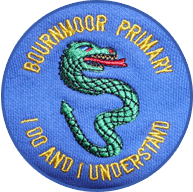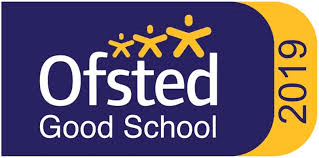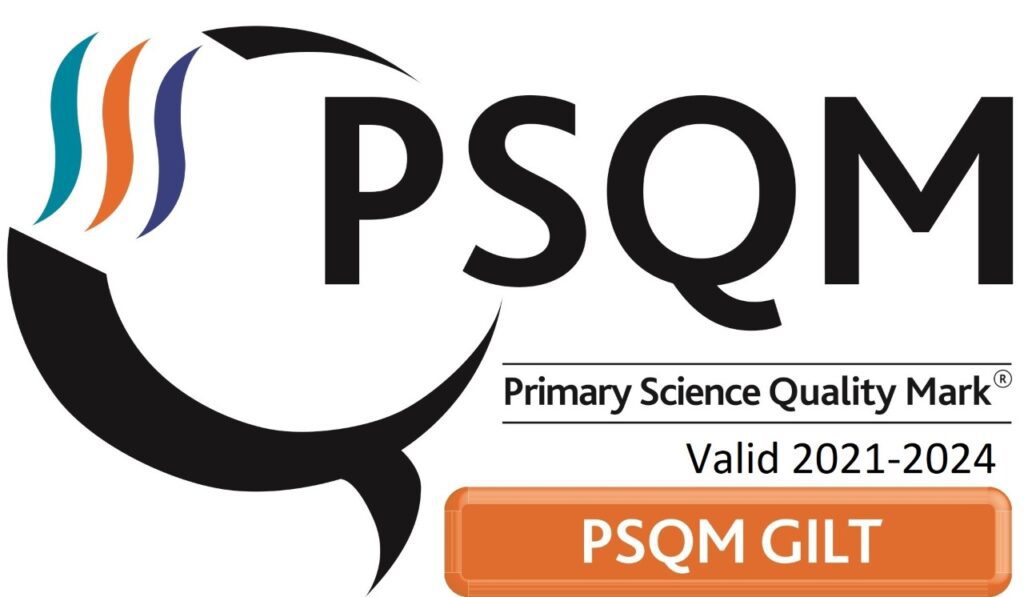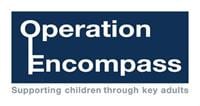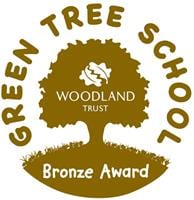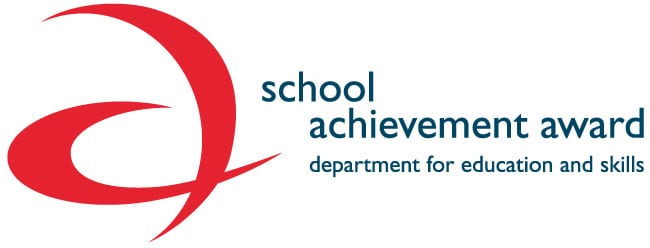Maths at Bournmoor Primary School
The national curriculum for mathematics aims to ensure that all children can:
- Become fluent in the fundamentals of mathematics
- Reason mathematically by following a line of enquiry
- Can solve problems by applying their mathematics
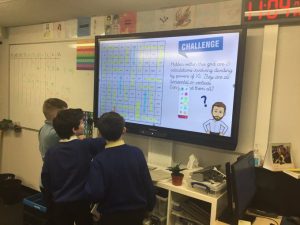
Planning and organisation of the subject
We have a daily maths lesson and a focus on instructional teaching, learning time and interactive oral work with both the whole class and smaller ability groups. We use the White Rose Hub materials across our school and staff have been trained on this. The class teacher plans, delivers and organises a daily lesson and differentiates according to ability. Lessons are planned using the National Curriculum in Key Stages One and Two and teachers in Reception base their teaching on objectives in the Framework for Reception, ensuring that they are working towards the ‘Early Learning Goals for Mathematical Development’. A progression of calculation is used throughout the school to ensure the continuing, gradual, development of number skills (see the separate Calculation Policy).

Teaching styles and strategies
Children are encouraged to investigate, use and apply their mathematical skills and develop their mathematical thinking skills. Problem solving, relating maths to real life situations, and the use of reasoning and proof should be central to teaching styles. To develop fluency in Mathematics, children need to secure a conceptual understanding and efficiency in procedural approaches. It is important to make connections between concrete materials, models and images, mathematical language, symbolic representations and prior learning. Furthermore, it is then essential that children have opportunities to practise the key skills whilst building the understanding and knowledge to apply these skills into more complex activities and problems. Problem solving enables children to develop a range of skills including making generalisations, finding patterns, carrying out trial and improvement, making and testing hypotheses, making decisions, creating explanations and making connections. Children should be expected to record their work in a way that clarifies their thinking.
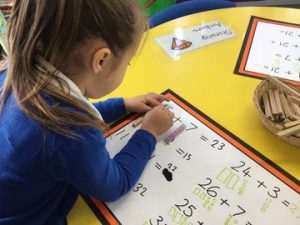
How the subject is assessed
Foundation Stage
Teachers use daily observations of child-initiated activities and adult led tasks to collect evidence of the level the child is currently working at. Children should have the opportunity to take part in extended maths sessions where children record a mathematical based task which is often annotated with their comments and levels of thinking. Observations, annotations and children’s work are used to provide a full picture of the child’s achievement and working level.
Key Stage One and Two
Assessment of pupils is an ongoing activity. Children’s knowledge and understanding is informally assessed in class and group question and answer sessions and through observation during lessons as well as in marking written work. Teachers refer to the assessment grids to support their judgements. The optional Key Stage One SAT can be completed at the end of Year Two and used alongside teacher assessment to give a final assessment for the Key Stage. The Key Stage Two SAT is completed at the end of Year Six. Pupils in Year 4 also complete regular times tables assessments (both formal and informal) as they prepare for the multiplication check.
Impact
- Pupils in EYFS make a good start to their Maths journey – teachers plan tasks using the White Rose Maths Hub format (along with the rest of school) which ensures that children understand the format, characters and assessment.
- White Rose Maths planning is utilised across the school in each year group ensuring continuity and consistency.
- Regular assessment takes place in each class using end of block assessments. This gives teachers tangible data which is then used to complete children’s assessment trackers in books. These provide detail of children’s abilities whilst also giving teachers clear targets for each child that are directly linked to the specific year group objectives.
- Assessment data across school identifies maths as a consistent strength of pupils and is reflected in the prediction for our KS2 pupils.
- Challenge for more able pupils is clearly evident in books – monitoring of maths books identifies children are challenged within lessons or through appropriate marking in preparation for the “green for go” element of the next session.
- Times Table Rockstar software has proven to have a significant impact of the speed, retention and accuracy of children’s times table recall in Year 3-6. Children regularly compete across year groups and this success was also evident during home learning.
- The subject leader measures the effectiveness of teaching and learning in maths and develops the subject through training, research and external links.
- The subject lead shares the intent, implementation and impact of their subject with stakeholders, including governors.
- There is a strong focus on developing pupil’s reasoning and problem-solving skills and the positive impact of this is evident in lesson observations and book scrutiny.
- The subject leader for maths attends appropriate CPD sessions based on reasoning/problem solving and shares this to further develop teacher’s abilities to deliver this to pupils.
